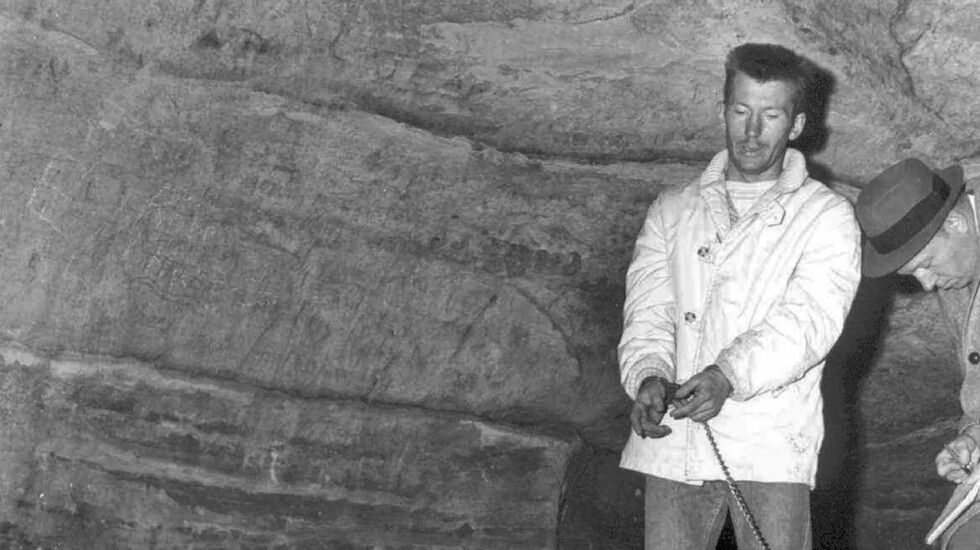
The man convicted in the notorious Starved Rock killings case should have his conviction overturned because DNA tests show someone else from the area was at the scene of the 1960 crime, his lawyer said Thursday.
Chester Weger, 84, spent more than 60 years in prison after he was convicted of killing one of three women found slain in Starved Rock State Park about 100 miles southwest of Chicago.
Weger was paroled in 2020 for good behavior in prison but his conviction wasn’t overturned.
In a letter Thursday, his lawyer Andrew Hale urged Will County State’s Attorney James Glasgow to vacate his conviction in the murder of Lillian Oetting.
Glasgow was appointed a special prosecutor representing LaSalle County where Weger was convicted in 1961.
In the letter, Hale said a DNA test confirmed that a hair recovered from the gloved left index finger of victim Frances Murphy belonged to one of four brothers from the Starved Rock area.
“The only explanation for this hair being found on the finger of Frances Murphy is that this person was involved in the murders,” Hale said in his letter. “And the fact that the hair had a root and follicular material on it is consistent with the hair being yanked out by Mrs. Murphy during a violent struggle.”

“It is time to correct this decades-old wrong,” Hale said, pointing to Weger’s advanced age.
“Time is of the essence,” he said. “Chester should be allowed to spend this Christmas with his family knowing that he has finally been exonerated.”
After Weger was released from prison in 2020, Hale launched his own investigation into the Starved Rock case, finding evidence he says connects the mob to the killings.
Glasgow has said he believed Weger’s original confession that he was guilty of killing Oetting, who was found bludgeoned to death with Murphy and Mildred Lindquist in the mouth of a cave in the state park.
The three suburban women were staying in a lodge at the park during a hiking trip in March 1960.







